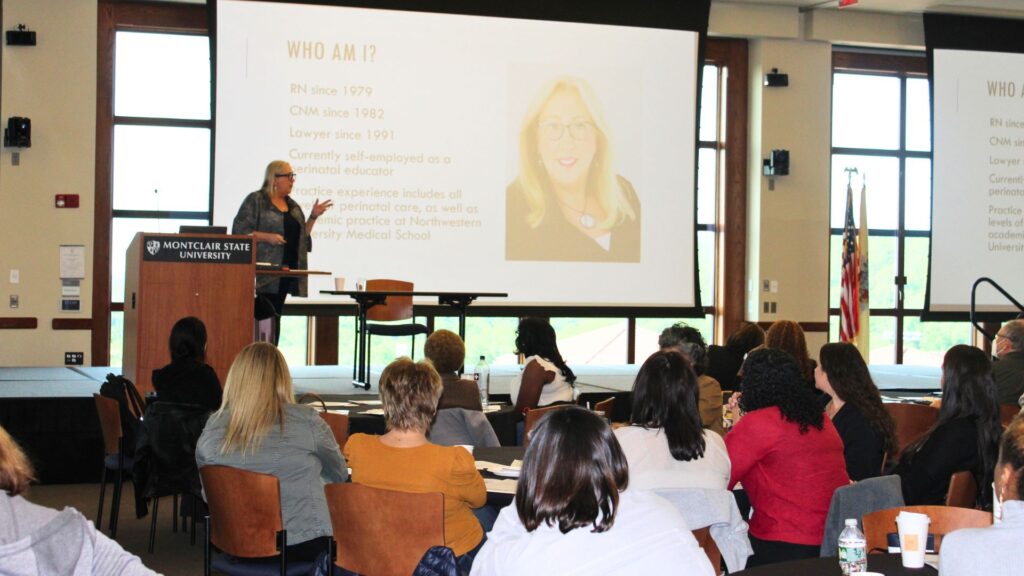Get Help
Connect to Our Programs
About Us
Our initiatives promote healthy pregnancy and new parenthood, empower communities, and engage healthcare providers with education, support, and vital resources. We work with our member hospitals, healthcare providers, community organizations, and the community.

Our Impact
48,740
Live Births in 2023
8
Counties
2,491
Professional Education Participants
+50,000
People Served Annually
Upcoming events
News














